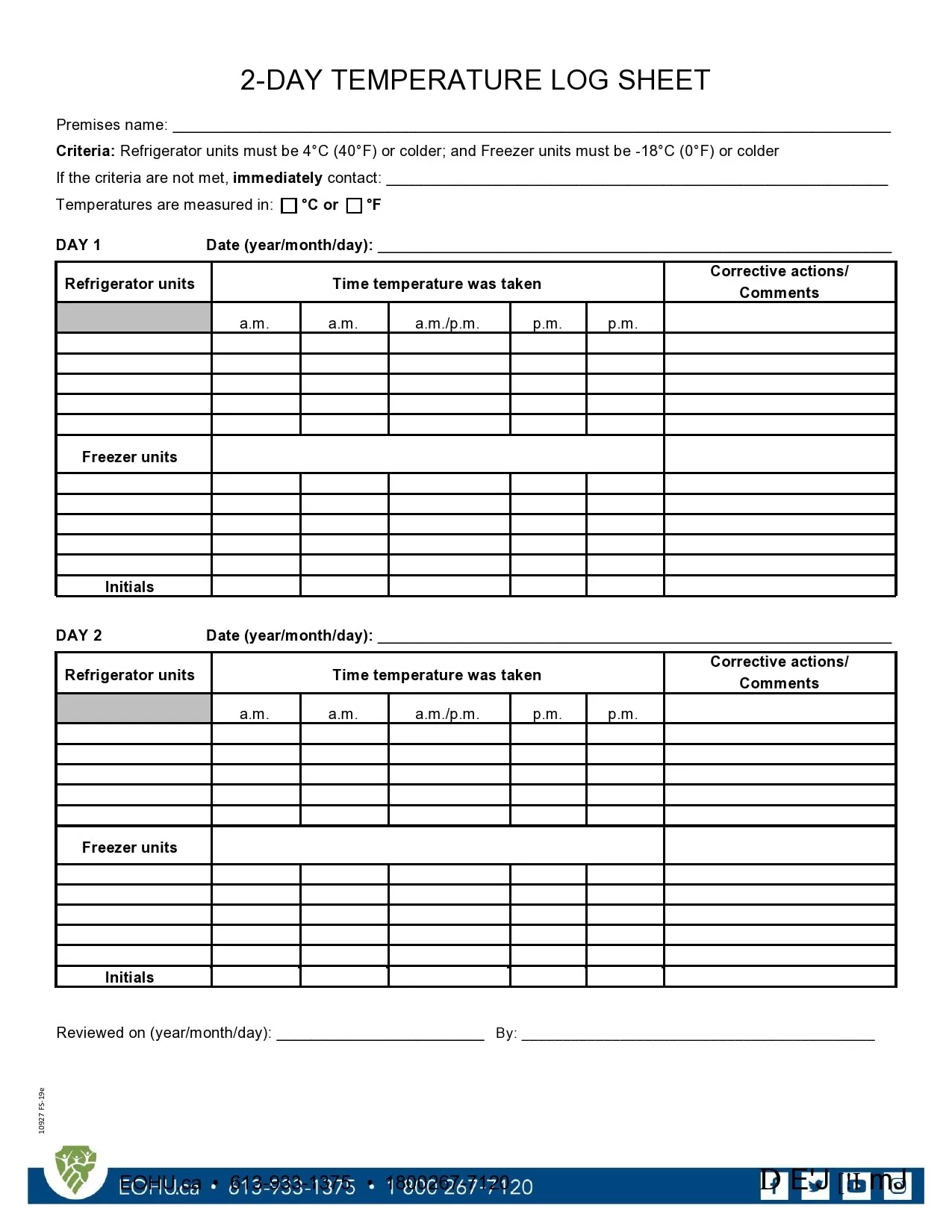Is the U.S. Facing a Record-Breaking Temperature Surge? Find Out Now!
The United States is currently experiencing an unprecedented heat crisis that is sending shockwaves through communities nationwide. As temperatures continue to soar to extraordinary levels, millions of Americans are grappling with what experts are calling a potentially historic temperature surge.
In July 2023, the Earth shattered multiple temperature records, and 2024 is proving to be equally challenging. The World Meteorological Organization has confirmed that the past three-month period represents the hottest global temperatures ever recorded, painting a stark picture of our changing climate.
The Magnitude of the Heat Wave
Currently, approximately 270 million people are experiencing temperatures that are dramatically above normal. Cities across the Northeast and Midwest are witnessing heat levels that are 15 to 20 degrees higher than typical seasonal averages, creating a potentially dangerous environmental scenario.
Dr. Elena Rodriguez, a leading climate scientist, noted, “These temperatures are not just uncomfortable—they’re potentially life-threatening.” The combination of high temperatures and extreme humidity is creating heat indices that make it feel even more intense, significantly increasing health risks.
Who is Most Vulnerable?
Certain populations face heightened risks during these extreme temperature events:
- Elderly individuals
- Young children
- People with pre-existing health conditions
- Outdoor workers
- Individuals without access to cooling systems
The Broader Climate Context
The current heat surge is not an isolated incident but part of a broader trend driven by climate change. Greenhouse gas emissions continue to accumulate in the atmosphere, trapping heat and driving global temperature increases.
Economic and Environmental Implications
The impacts extend far beyond immediate health concerns:
- Increased energy demand for cooling systems
- Potential agricultural disruptions
- Higher healthcare costs related to heat-related illnesses
- Ecosystem and biodiversity challenges
“We are witnessing the direct consequences of human-induced climate change,” says Dr. Michael Thompson, a climate policy expert. “These temperature surges are not random—they’re predictable outcomes of our continued environmental practices.”
Urban Heat Island Effect
Cities are experiencing even more intense heat due to the urban heat island effect. Concrete, asphalt, and buildings absorb and retain heat, creating localized temperature increases that can be several degrees higher than surrounding rural areas.
Projections and Future Outlook
Climate models suggest that:
- Days exceeding 90°F will increase significantly by mid-century
- Heat waves will become more frequent and intense
- Drought conditions are likely to worsen
What Can Be Done?
While the situation is serious, experts emphasize that collective action can mitigate future risks:
- Reduce personal carbon footprint
- Support renewable energy initiatives
- Advocate for climate-conscious policies
- Implement community cooling strategies
- Stay informed and prepared during extreme heat events
Conclusion
The current temperature surge represents more than just a meteorological anomaly—it’s a critical indicator of our changing global climate. As temperatures continue to break records, the need for comprehensive, immediate action becomes increasingly urgent.
Stay cool, stay informed, and stay prepared.
Note: Always consult local weather services and health authorities during extreme heat events for the most current safety recommendations.






Leave a Comment